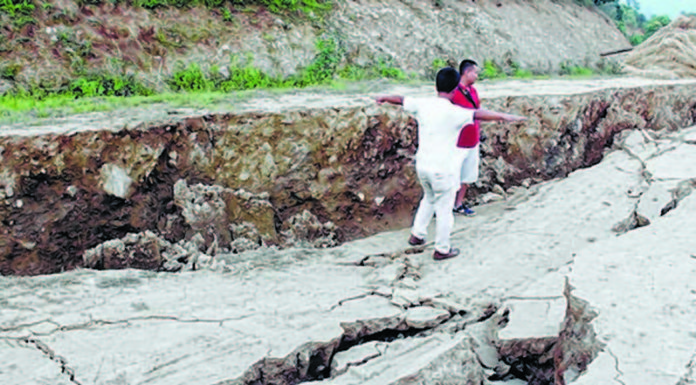


The paper attempts to analyse and interpret the work of Bapsi Sidhwa‟s Ice-Candy Man (1988), renamed as Cracking India in 1991 to make its wider perspective at world level, as the triple marginalized identity of Bapsi Sidhwa as Pakistani, Parsi and a woman writer gives us a chance to read the partition fiction from a non-partisan writer‟s perspective, who does not belong to any of the two communities which perpetrated death & destruction for each other.The paper also tries to delineate the fact that, Sidhwa, who herself belongs to a minority community has sensitised the readers about the psychological impacts of partition on minorities and marginalised people, who were otherwise almost neglected by all other novelists. The children become apparently universal mediators who in their own innocent ways unlace an alien and complex world knowable.Ībstract- The partition of Indian sub-continent and the holocaust, the „migration‟, the uprootedness, the identity crisis and the turmoil that followed it, has proved to be a topic of projection of history in various fictional and non-fictional works since its happening by different writers not only belonging to the Indian Sub-Continent but by also those living abroad. My argument is that child-perspective functions as a bridge, as an interpretative filter, informing and educating the readers. I want to explore how child perspective is used to negotiate the binaries that Sidhwa's text set up between the national and personal. The novelist's use of the frame of childhood relocates the historical event of partition, the period of national turmoil and transformation, in the private world of the home and thus creating an intimate intervention into official historical narratives.

Working through the larger backdrop of socio-historical and political happenings, Sidhwa has assigned her girl child narrator the task to look at the adult world. Navsari India The present paper explores the use of a specific narrative device, that of, using child narrator or the privileging of child's point of view in Bapsi Sidhwa's Cracking India to see how the novelists historicize the loss of innocence by reconstructing the past through memory.


 0 kommentar(er)
0 kommentar(er)
